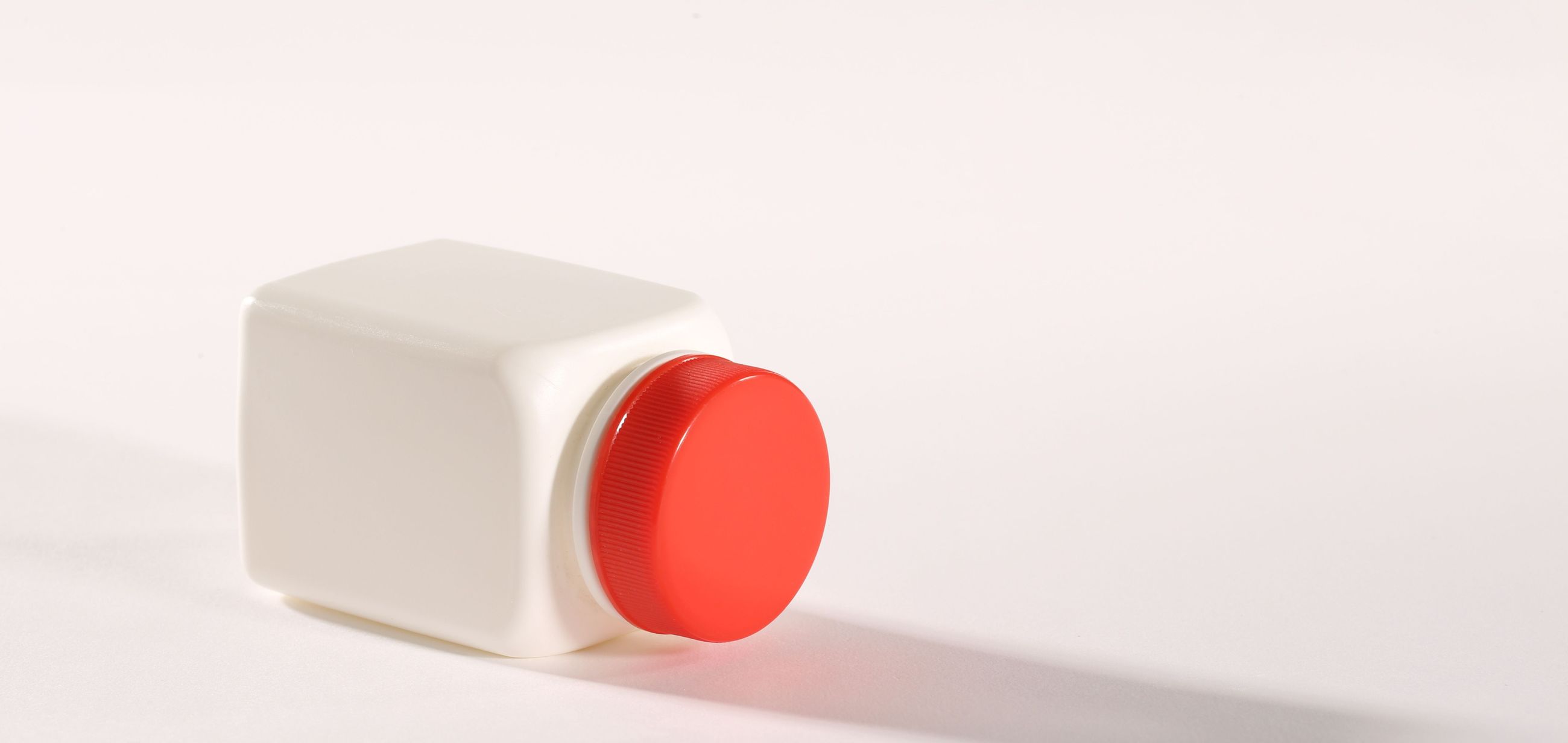When you need to take an antibiotic to treat an infection, we encourage you to take proactive steps to prevent the diarrhea that often accompanies antibiotic therapy. Antibiotics can disrupt the balance between the good and bad bacteria in your gut, causing loose stools or diarrhea.
Drugs That May Cause Diarrhea
Most antibiotics have the potential to cause antibiotic-associated diarrhea. Some antibiotics may have a higher potential than others for one reason or another. The cause is not completely understood, outside of the bacterial imbalance. We can categorize the most offensive antibiotics by drug class: beta-lactams(penicillin, ampicillin, ampicillin) and cephalosporins (cephalexin, cefpodoxime, cefdinir, and others), macrolides (azithromycin, erythromycin, clarithromycin), fluoroquinolones (ciprofloxacin and levofloxacin), and clindamycin. Usually the broader spectrum of bacteria that the antibiotic kills, the more likely it will cause diarrhea.
Foods that Can Help Prevent Diarrhea
Once diarrhea is present, I would recommend foods lower in fiber, because fiber is harder to digest with a compromised gut. Stay away from hard-to-digest red meat, spicy and greasy foods, and eat fish or poultry. Eat things like white rice and noodles, foods high in potassium like bananas and plain peeled potatoes to replace the potassium loss from diarrhea. Drink fluids with electrolytes and just water to combat dehydration from the loss of fluids.
I advise people when picking up their antibiotic prescription to also pick up some yogurt with live active cultures, probiotic drinks, or oral probiotic pills to start at the same time to try to stave off diarrhea and continue it for about a week after they complete their full antibiotic regimen. This can replace the good bacteria in their gut and keep it balanced.
When to See a Doctor
If your diarrhea is mild and you can still eat and drink, keep eating probiotic foods and the diarrhea will likely go away when you finish your antibiotics. See a doctor if the diarrhea is severe and prolonged, or if you are experiencing symptoms such as a low fever, dehydration, weakness, loss of appetite or generalized weakness. A physician will advise you whether to stop taking the prescription.
There is a bacteria present in many people’s intestines called clostridium difficile, or c.diff . This can overgrow and become dangerous if you take antibiotics for a long time or several courses of different antibiotics in a row. When it is allowed to overgrow, c. diff releases a toxin that damages the lining of our gut and can produce an infection that is very contagious. Anyone can get c. diff, even if they are not taking antibiotics. This usually occurs in hospitals or nursing homes when someone is infected and good hand hygiene is lacking. Clindamycin, fluoroquinolones, and beta-lactams are the most likely culprits to cause c.diff. A doctor can do a stool sample to test for c. diff and treat it quickly.
Antibiotics are important in treating certain infections, and with the right preparation, and a little bit of proactive probiotics, can be tolerated by most people.
